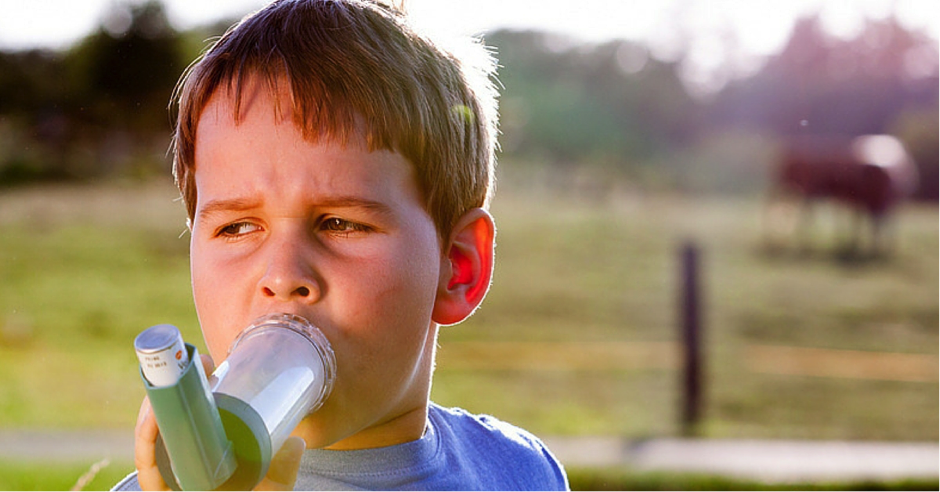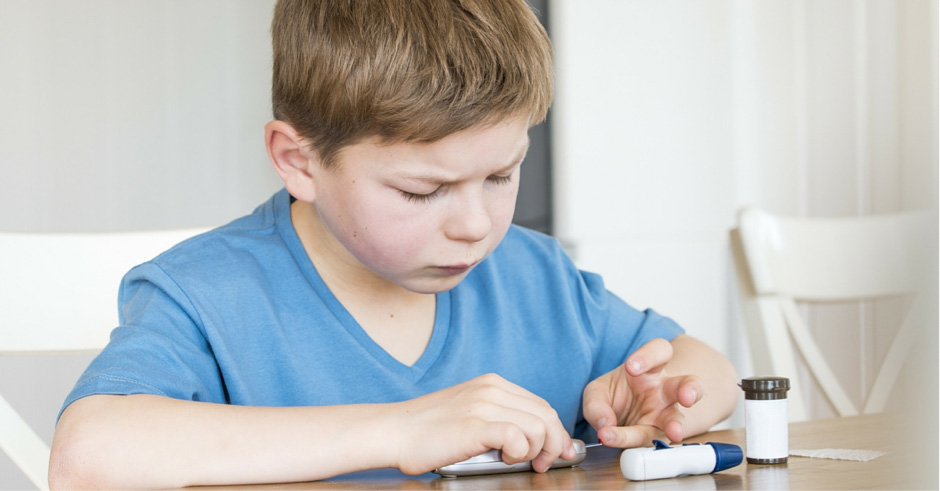Australia has one of the highest rates of bowel cancer in the world. This month is Bowel Cancer Awareness Month and there is a big drive to detect cases early. Why? Bowel cancer has a very high survival rate of 90% when detected early. Yet we lost 4071 valuable lives (or 80 each week) last year to the disease. The survival rate would be much higher with a good early screening system.
The first step? Screening.
Bowel cancer, also referred to as colon, rectal or colorectal cancer, is a cancer in the large intestines. The inner lining of the bowel develops polyps which can turn into an invasive cancer. The government is offering free screening tests to high risk groups. By 2020, they will cover the entire population between the ages of 50 and 74.
So, who should take a screening test and what is it?
- The government recommends everyone over the age of 50 with no symptoms or family history of stomach cancer should test every 1 to 2 years. If you are over 50 you may have already received communication about it in your mailbox. If not, check when you are eligible for a free screening kit: http://www.cancerscreening.gov.au/internet/screening/publishing.nsf/Content/bowel-cancer-screeningkit-eligibility. You could also speak to your pharmacist about your options.
- The home test is a simple Feacal Occult Blood Test (FOBT) done in the privacy of your home. It detects the presence of blood in the stools. A positive result does not confirm a bowel cancer diagnoses. It merely indicates the need for another test – usually a colonoscopy which can provide a more conclusive result.
- If you are under the age of 50 it is a good idea to undergo screening if:
- You’ve had inflammatory bowels disease such as Crohn’s or ulcerative colitis.
- You’ve previously been detected with adenomas – a type of polyp in the intestines.
- You have significant family history of bowel cancer. For instance,
- A member of your family had stomach cancer before the age of 50
- More than one member of your extended family on the same side has had the cancer.
If you are under the age of 50 with one of these high-risk criteria, see your GP, who can order you a bulk billed kit. If you are not a person at risk, but still wish to take a screening, simply buy one from a pharmacy or order them online from the Cancer Council.
Keeping bowel cancer at bay
Most conditions have combination of genetic, hereditary and lifestyle risks. Bowel cancer has what are called ‘modifiable risks’. While we do not have conclusive evidence that specific food groups or a lifestyle change is directly responsible for cutting bowel cancer incidence – eating and living healthy – is known to reduce risk. This is what the Cancer Council recommends:
- Aiming for a healthy weight: There are two useful indicators – BMI and waist circumference. A BMI (Body Mass Index) of 18-24.9 and a waist circumference less than 80cm for women and 94cms for men is ideal. Weight management is considered an important element of controlling risk as 10% of all new cases of bowel cancer have been linked to obesity.
- Physical activity: National Guidelines recommend 60 minutes of moderate or 30 minutes of vigorous activity a day and two days of strength training a week.
- The Diet: A high-fibre diet is considered key risk mitigation measure for this group. Experts believe that fibre benefits come from a combination of nutrients and therefore recommend whole foods (wholegrains, fruit and vegetables) over fibre supplements. Another recommendation is cutting back on red meat – that means no more than 65-100gms of cooked lean and unprocessed red meat.
- Quit smoking and drink moderately: Tobacco is an established cause of not just lung, but bowel cancer. So quit smoking. It is recommended that alcohol consumption be limited to 2 standard drinks a day (100 ml of wine, 30ml of spirits and 260ml of beer is a standard drink)
It is possible to beat bowel cancer and achieve a very high survival rate in Australia. Early screening comes first, so if you belong to a group at risk, get your free screening kit or speak to your GP. You could also buy a kit from the pharmacy. Tell your friends about the free screening and raise awareness so that in a few years the statistics can tell a different story.




